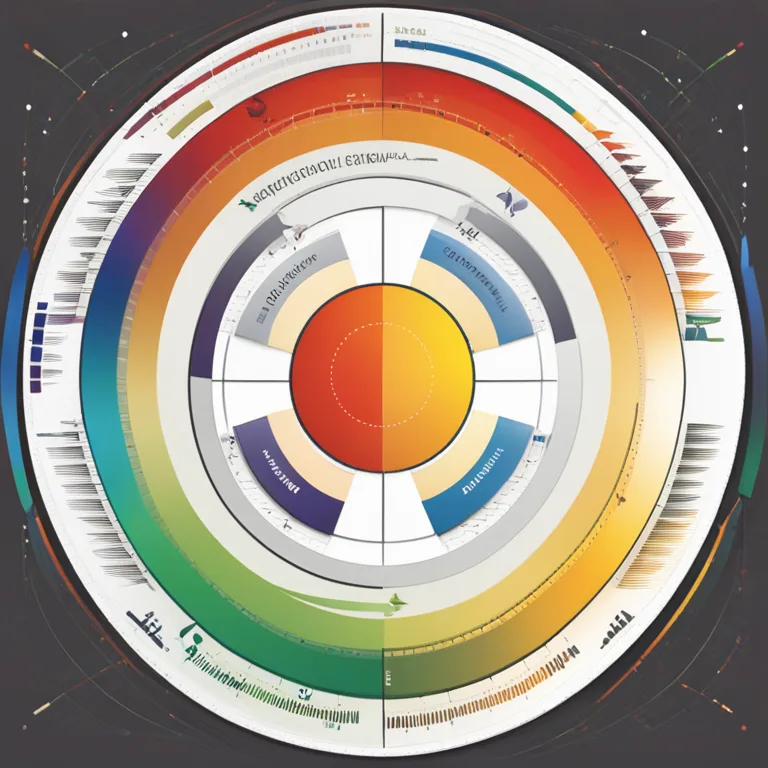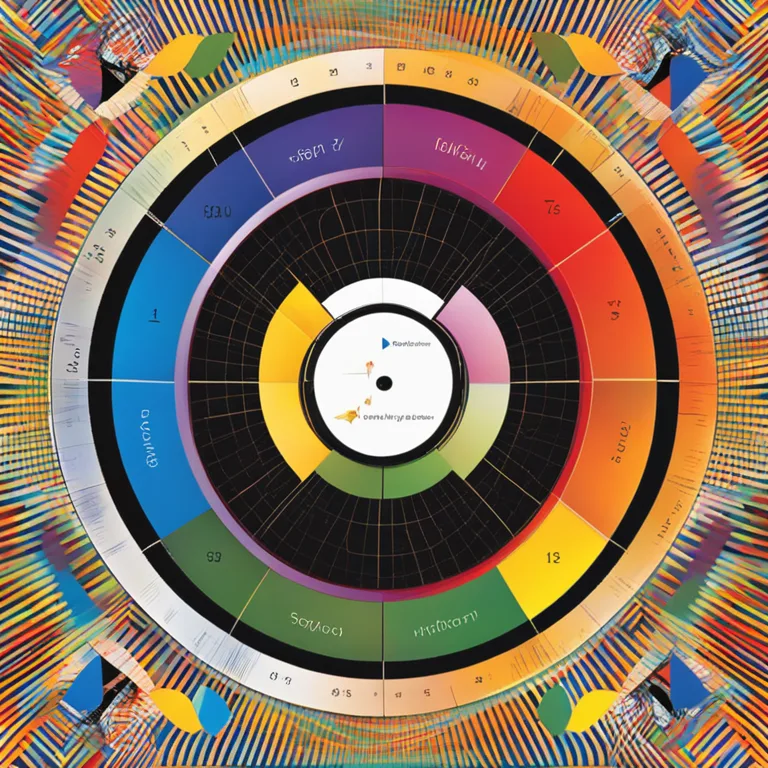
The Rhythms Within: How Biorhythms Affect Us
Delve into the intricate world of biorhythms and discover how these natural cycles influence our physical, emotional, and intellectual states.
article by Adrian Wallace
An Introduction to Biorhythms
Biorhythms are inherent cycles that are thought to regulate various aspects of our lives, from our physical well-being to our emotions and intellectual capabilities. Rooted in a theory that dates back to the nineteenth century, it postulates that from the moment of birth, we move through consistent, predictable cycles. These cycles are typically broken down into three fundamental rhythms: physical, emotional, and intellectual, each with its own specific period. As we navigate through life, an understanding of these patterns can ostensibly offer insight into the ebbs and flows of our day-to-day experiences and overall life journey.

Physical Biorhythm Cycles
The physical biorhythm cycle lasts for 23 days and is said to influence our stamina, strength, and overall physical condition. During the positive phase of this cycle, one might feel at their peak physical capacity, embracing vitality and potentially faster recovery from physical exertion or illness. Conversely, when the cycle enters the negative phase, our energy may wane. Recognizing this pattern can supposedly aid us in planning activities that require physical effort or understanding periods of lethargy.

Emotional Biorhythm Cycles
Comprising a 28-day cycle, the emotional biorhythm is believed to sway our mood, creativity, and emotional stability. When we are in the upward swing of this cycle, emotional resilience might be higher and interactions can feel more harmonious. In the downward swing, we may find ourselves more susceptible to negative emotions and stress. Awareness of this cycle's influence can be instrumental in managing our emotional health and relationships.

Intellectual Biorhythm Cycles
Lasting 33 days, the intellectual biorhythm is associated with mental acuity, analytical abilities, and cognitive functions. A positive phase in this cycle may manifest as increased clarity in thought and enhanced problem-solving skills. During a negative phase, one could experience mental fog or difficulty in concentration. This rhythm can potentially be leveraged to maximize productivity and intellectual tasks.

Interpreting Your Biorhythm Chart
To make use of biorhythms, individuals typically consult a biorhythm chart. This personalized diagram plots the cycles and their phases based on one's birth date. The objective is to align life's decisions and activities with the predicted good days (positive phases) and to exercise caution or rest on the challenging days (negative phases). Contemporary tools and software have advanced biorhythm calculations, potentially enhancing the accuracy and personalization of these charts for those who seek to incorporate them into their lifestyle planning.
The Science Versus the Skepticism
It's important to note that the field of biorhythms is met with its share of skepticism. While proponents argue that these cycles can offer beneficial insights, many scientists and researchers highlight the lack of empirical evidence supporting their predictive power. In the scientific community, the consensus deems biorhythms as a pseudoscience, urging individuals to approach them with a critical mindset and to consider other scientifically-backed factors that impact well-being.
Published: 12/28/2023
Modified: 12/28/2023
More predictions
Come back here soon to learn more about yourself and your future


Biorhythm Love Compatibility Calculator: A Guide
Discover the secret to harmonious relationships with our Biorhythm Love Compatibility Calculator. Unlock the potential of emotional, physical, and intellectual synch.


Biorhythm Compatibility and Birth Dates: The Connection Revealed
Discover how biorhythm compatibility based on birth dates can influence personal connections and relationship dynamics.